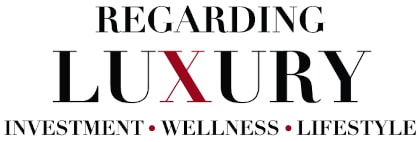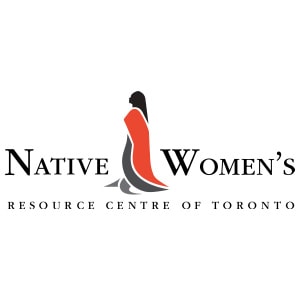Interest in alternative investments is growing as investors mix up their portfolios and increase their returns. This asset class refers to areas outside the three major “traditional” types. Those are cash, bonds, and stocks (there is a grey area regarding some mutual funds, ETFs, and derivatives).
Related: Will hedge funds still generate positive returns in today’s choppy financial waters
This broad category of investment includes commodities (metals, oil/gas, etc.), private equity and venture capital. It includes real estate (land, REITs, MICs), hedge funds and physical assets (art, wines, even baseball cards). It expands when new products like cryptocurrencies become available.
Only qualified investors can access alternative investments
The main reason to include alternatives in a wealth management portfolio is their low level of correlation with traditional markets. Most institutional investors, such as banks and pension funds, have a small portion of them in their holdings. When it comes to individuals, however, access is limited to qualified or accredited investors. That is slowly changing, it seems. Still, the nature of these investments keeps many of them restricted.
How does one become an accredited investor? That differs across Canada, since each province regulates them. Generally, accredited investors must have a minimum level of income (individuals make $200k before taxes for two consecutive years, or $300k with a spouse).
Minimum net worth needed
They must also have a minimum net worth. For example, they need to have $5 million in net assets, either on their own or with a spouse.
The reason for this? People of high net worth are knowledgeable about finance. And, more importantly, they can put money into longer-term, riskier opportunities. They won’t suffer major financial distress in the case of a loss.
Alternative investments – Improving diversification
In Canada, a large portion of alternative investments, especially those involving equity, are in the Exempt Market (EM). The EM is a section of Canada’s capital markets where securities can be sold without the protections that come with a prospectus.
A prospectus provides detailed information about the security to be issued. They are there so investors can make informed purchases. It must be filed with the provincial securities commission for approval. It is illegal to issue securities without a prospectus unless the authorities grant an exception. They do so to allow companies more access to money. Many of them are small or medium companies. They lack the financial and legal resources to get to where they need to go.
So EM’s promote economic growth. That’s the idea. In many Exempt Market issues the prospectus is replaced with an offering memorandum. Those are is less detailed.
Risk versus exceptional returns
But why are exempt investments riskier than traditional ones? There are three main reasons for this. First, disclosure requirements are stricter under a prospectus. The issuer must make public announcements of material changes. They need to provide constant information. This isn’t the case with the EM.
Second, investors have more legal protections in the traditional system. For example, they can sue for damages if the issuer is found guilty of misrepresentation. There is no such protection in the EM.
A third difference is that of liquidity or activity in the market. Conventional securities can be resold without restrictions in the secondary market (for example, a stock exchange). There are plenty of buyers there. EM securities do not trade freely. And in some cases, they can only be resold at a heavy discount if approved. Investors in the EM are required to say, in writing, that they understand and are taking on the risks that come with the offering. That includes the potential loss of their entire investment. So investors have to consider all these factors.
Get professional advice
However this shouldn’t turn off people who are considering the EM. If used strategically, these products will boost the diversification in an investment portfolio. Plus they can offer great returns. There are successful technology startups that have made people a lot of money. Real estate developments are another example where patient investors see big payoffs.
The key is to use alternative investments and EM products as part of a good investment plan. And, as well, always get professional advice.
Want to learn more? Check out the Private Capital Markets Association (PCMA).
The contents of this article are for information purposes only and are not intended to provide any form of financial or investment advice.
Top image Alesia Kozik/Pexels

A business professional turned writer, Ricardo has a passion for presenting complex ideas in a reader-friendly way. He has worked for blue chip corporations in Canada, ran a restaurant franchise in Venezuela and developed a papaya farm in the tropical jungles of southern Mexico.
His education includes an MBA, specialized financial training, and a variety of professional writing courses from the University of Toronto. He has published personal finance articles in both English and Spanish.
Ricardo lives in Toronto with his wife and daughter.








